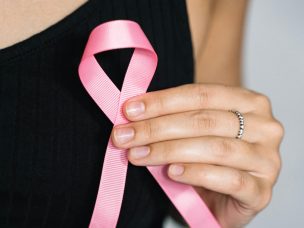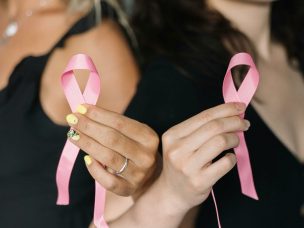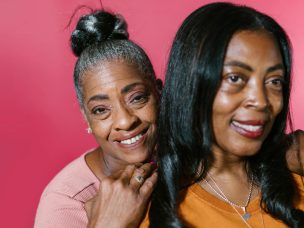In this interview, Dr. Shaina Rozell discusses the role of genetics in breast cancer.
She talks about whether or not having a family history of breast cancer increases one’s risk. She also shares her thoughts on how knowing your risk factors will affect your decision-making process if you’re considering genetic testing for breast cancer.
MDNewsline: Does having a family history of breast cancer increase one’s risk?
Dr. Shaina Rozell: Triple negatives are more correlated with a genetic mutation called BRCA or BRACA is one of the many genes that can be found in certain cancers, particularly breast cancer. And so, I actually run a genetics clinic at Advocate Christ where I actually have patients tested for the gene, and if they actually have the gene then they’re seeing me and my support on making sure that we’re testing children, testing siblings, and figuring out ways where we can actually do more aggressive screening. So, my goal as an oncologist is not necessarily to treat cancers, it’s to prevent it. So we know that about seven percent of breast cancers run in families, so the reality is 93% have no family history correlation. But, of those seven percent, we know that, hey, you have a much higher rate of getting breast cancer, almost 60 to 90 percent, much higher than the average population, and so if you have that increased risk, hey, let’s do what can we do about this.









